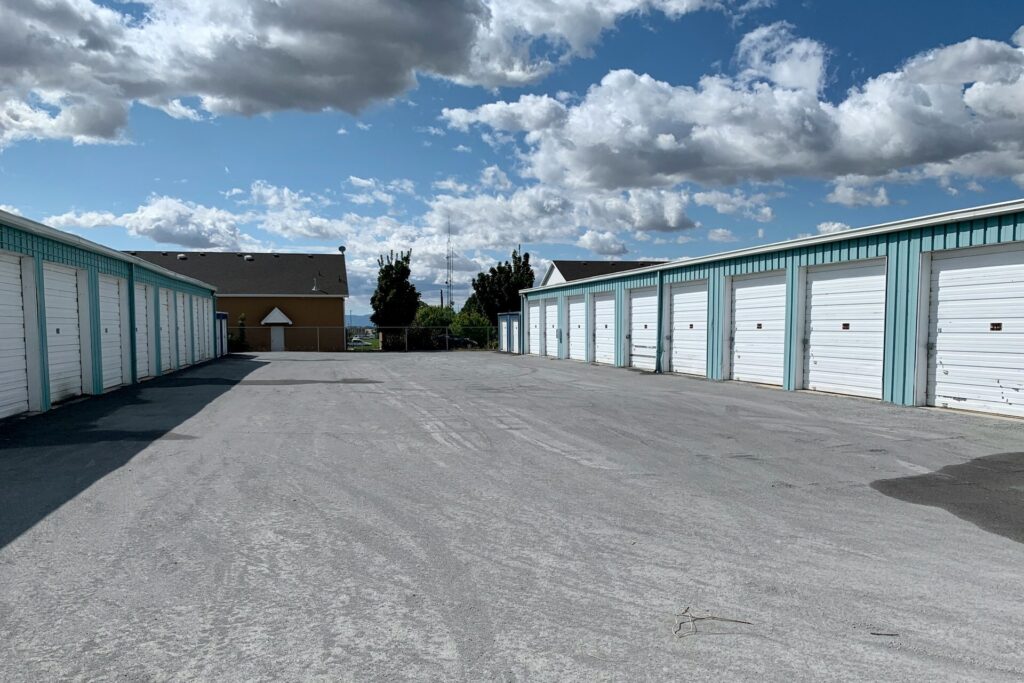We are reader-supported. When you buy through links on our site, we may earn an affiliate commission.
There are many tips to getting started in real estate investing for beginners. You don’t need a lot of money to get your feet wet. Property traditionally has been one of the most profitable investments you can make, seeing a great return on investment (ROI) year after year. Even during downtimes in the housing market, values eventually rebound and make up for lost growth.
The median home value rose 4.1% in the last year. Even with a pandemic and high unemployment due to shutdowns around the country, the market is forecast to remain the same or possibly lose 1.5%. When it comes to investments, real estate presents a less risky proposition than many other options.
If you’ve thought about buying your own property, there are many different ways to get into the market and turn a profit.
How to Get Into Real Estate Investing
If you’re new to the game, don’t worry. There are several ways to tackle real estate investing for beginners. One or several may be right for you.
1. Hack Your Housing
Millennials are ready to buy their own homes, but many find the rising costs and overwhelming student loan debt hold them back. One solution is called house hacking. In a nutshell, they get other people to pay their mortgage and live rent-free.
How can you live rent-free? Buy a multifamily house and rent the other units to pay the mortgage and utilities while you live in one of the apartments at no cost. Another option is to buy a home in a college town and rent out extra rooms. You could also look for a residence with a basement or garage apartment and rent out the space to cover part of your expenses.
2. Become a Landlord
Another way to get into real estate investing is to buy property and rent it out. According to Statista, the number of vacant rentals decreased from 40% to 25% between 2009 and 2019. While people aren’t moving at the moment, the rental market should rebound in 2021.
Look for a home in a neighborhood where rentals are in demand. For example, seek a college town or an area where up-and-coming professionals live and work. Do your research and see what other units rent for in the area and study if the cost of rent rises each year.
There are many factors involved with being a landlord, so take the time to study the markets and the business. If you aren’t sure how to screen tenants, hire a property manager to do some of the work. They can also advise on market value for the area.
3. Start an Airbnb
Do you live in an area where out-of-town travelers come through for a big event or sightseeing? If you own your home, you can rent out part of all of it temporarily and make extra income. Once you pay off your first mortgage, roll the house into the next one, either selling it and taking out the equity or renting it and buying a new place to live.
One of the advantages of a rent-by-the-night model is that you don’t have to deal with nightmare tenants for the long term. Typically, people do less damage in a few nights than living there for years.
4. Choose Passive Real Estate
You can invest in real estate without actually buying property. This is a great alternative for those wanting to get in on the potential profits but who aren’t ready to buy their own home. It is also a lower risk than being a landlord.
Put your money into a real estate investment trust (REIT). You invest as you would in the stock market, where many different people put in cash. Someone manages the rental income while you get a share of the profits.
5. Flip a House
Although much riskier than some other investments, you could also buy a house needing repairs or updates, fix it and sell it for profit. House flipping typically runs on a fast schedule of a few months of rehab and then listing the place back on the market. You can earn thousands of dollars rather quickly, but you’ll need enough upfront to do the repairs and a cushion in case the home doesn’t sell right away.
6. Find Commercial Investments
You might not want to rent a home or have people stay in your house. However, there are many commercial ventures you can get into instead. For example, you can build storage units and rent out spaces. Leasing a limited space for a single purpose avoids the aggravation of ongoing maintenance and still brings in monthly income.
Benefits of Real Estate Investing
There are some clear benefits to investing in real estate.
1. Leverage Equity
All physical property and land has an intrinsic value. As an investor, the best way to build wealth quickly is to keep buying new income streams. You can use the equity on one home to help buy another or pull out funds to fix up a flip house.
2. Gain Tax Breaks
Profits on real estate classify as capital gains and are taxed at a lower rate than other income. You can also claim some of your expenses, such as what you pay a property manager. If you do repairs or improvements on the home, some of those may be tax-deductible as well.
3. Get Out Easily
One of the things many investors love about real estate is the flexibility. If you need cash, you can always sell your properties or take out a second mortgage. You have much more control over what happens and when you sell than if you invest in something like a mutual fund.
Tips to Find Success
As with any type of business, there are risks with real estate. If you follow a few rules of thumb, your chances of thriving will be higher.
- Use the 1% rule. The investment should rent for at least 1% of the purchase price.
- Buy in a desirable neighborhood. You can always sell quickly if you find being a landlord or the area isn’t for you.
- Know your objectives. If your goal is to create residual income, you may need a certain number of properties to get to your desired level.
- Hire an experienced real estate attorney. If you’re renting, you want an ironclad contract. If you are flipping, you’ll save a bundle by being your real estate agent.
- Treat the investment like a business. It’s easy to get emotionally attached, especially if you live in the home or restore it from ashes. Keep your emotions out of the transactions, so you aren’t blinded by feelings.
Real estate can be a truly profitable venture. Keep your eye on the purpose of your purchases and know the market in your area.
Real Estate Investing for Beginners
Although you can start easily with a REIT or crowdsourcing program, you should find a mentor who knows the real estate investing game. There is a lot to learn about real estate investing for beginners like being a landlord or even flipping houses. You’ll avoid the costly mistakes beginners often make if you have a more experienced person telling you what to watch out for. Then, you can proceed with confidence.







